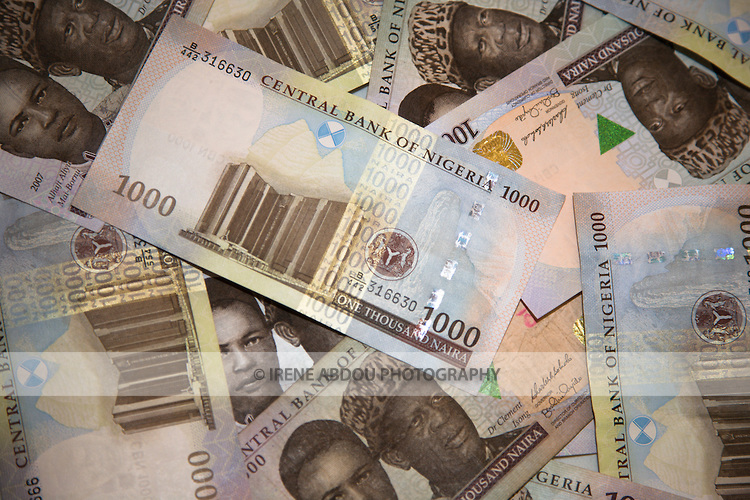Naira
Naira Drops to N444 Against the United States Dollar at Official Forex Window

Efforts to halt plunging Nigerian Naira are yet to start crystalising despite a series of initiatives implemented to prop up the value of the embattled currency.
The local currency dropped to N444 per US Dollar at the forex spot market on Tuesday before paring losses to close at N415.10.
On Wednesday, the Naira opened at N414.44 against the United States Dollar at the official forex window managed by the FMDQ Group. Investors transacted $200.74 million during the trading hours of Tuesday.
Weak foreign exchange generation despite crude oil trading at $86 per barrel has impeded the Central Bank of Nigeria’s ability to service the economy with enough forex given the structure of the economy as an import-dependent nation.
Lack of forex liquidity has escalated the cost of goods and services in Africa’s largest economy, pushing Nigeria’s inflation rate to 16.63 percent year-on-year in September 2021 and new job creation to a record low.
The unemployment rate rose to 33.33 percent while household savings is presumed to be at an all-time low going by the NDIC. The Nigeria Deposit Insurance Corporation (NDIC) on Monday said over 99 percent of all the bank accounts in Nigeria have less than the N500,000 Maximum Insured Limit (MIL) of the corporation.
That statement further confirmed Nigeria’s economic challenges. The rising cost of importations and production due to various tariffs imposed on imported goods and the ongoing fight between herders and farmers across the country are some of the factors weighing on Nigeria’s economy and subsequent the nation’s currency, the Naira.
Producers, especially those that depend on imported goods, are now struggling to pass the increase in price to customers who are battling low wages/earnings, rising unemployment, etc.
At Sabo in Mokola, Ibadan, the United States Dollar was exchanged at N563 on Tuesday, even though the Central Bank of Nigeria exchanged it at N411.02 as shown below.
| Date | Currency | Buying(NGN) | Central(NGN) | Selling(NGN) |
|---|---|---|---|---|
| 10/26/2021 | US DOLLAR | 410.02 | 410.52 | 411.02 |
| 10/26/2021 | POUNDS STERLING | 566.1146 | 566.805 | 567.4953 |
| 10/26/2021 | EURO | 476.4022 | 476.9832 | 477.5641 |
| 10/26/2021 | SWISS FRANC | 445.8193 | 446.3629 | 446.9066 |
| 10/26/2021 | YEN | 3.5967 | 3.6011 | 3.6054 |
| 10/26/2021 | CFA | 0.7081 | 0.7181 | 0.7281 |
| 10/26/2021 | WAUA | 579.2271 | 579.9335 | 580.6398 |
| 10/26/2021 | YUAN/RENMINBI | 64.2555 | 64.3343 | 64.4131 |
| 10/26/2021 | RIYAL | 109.3124 | 109.4457 | 109.579 |
| 10/26/2021 | SOUTH AFRICAN RAND | 27.7933 | 27.8271 | 27.861 |